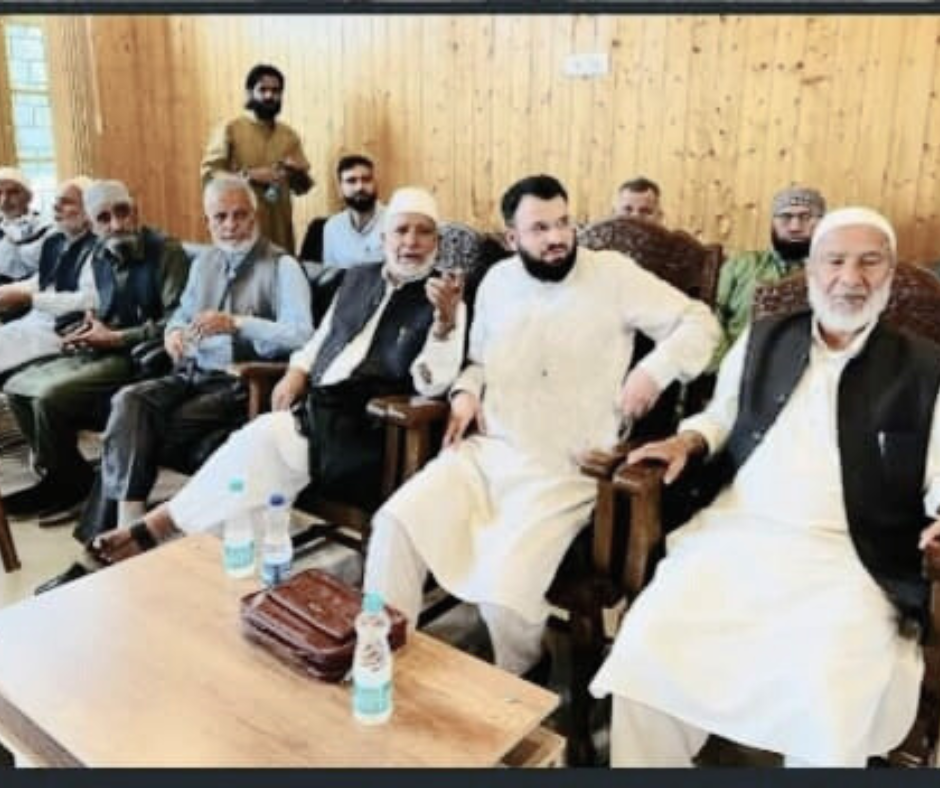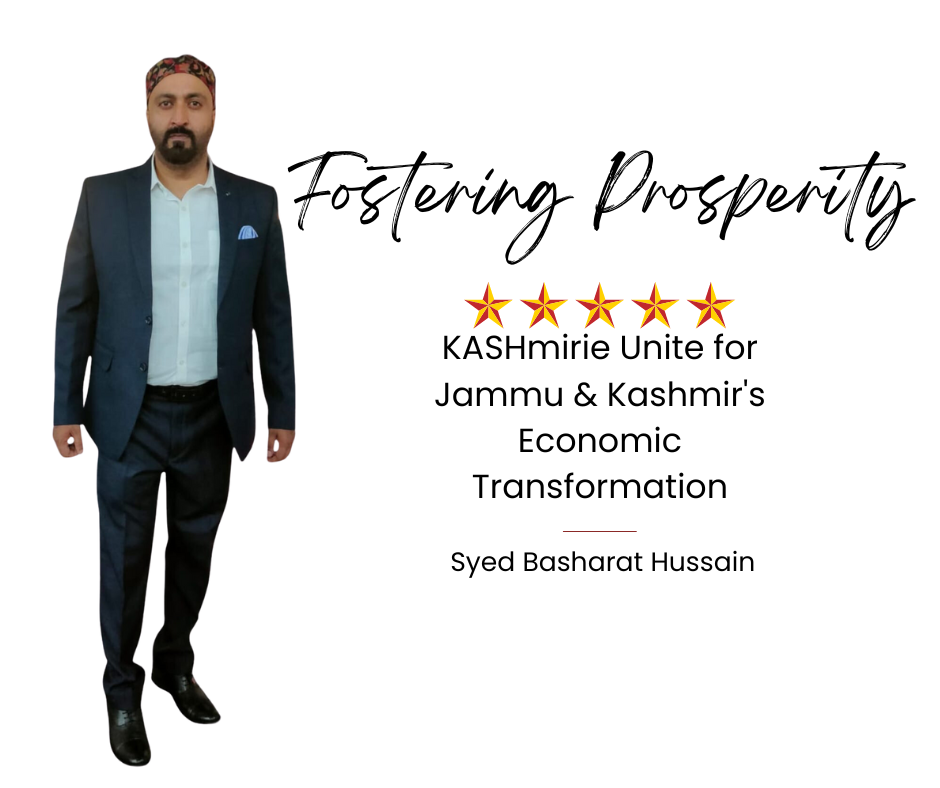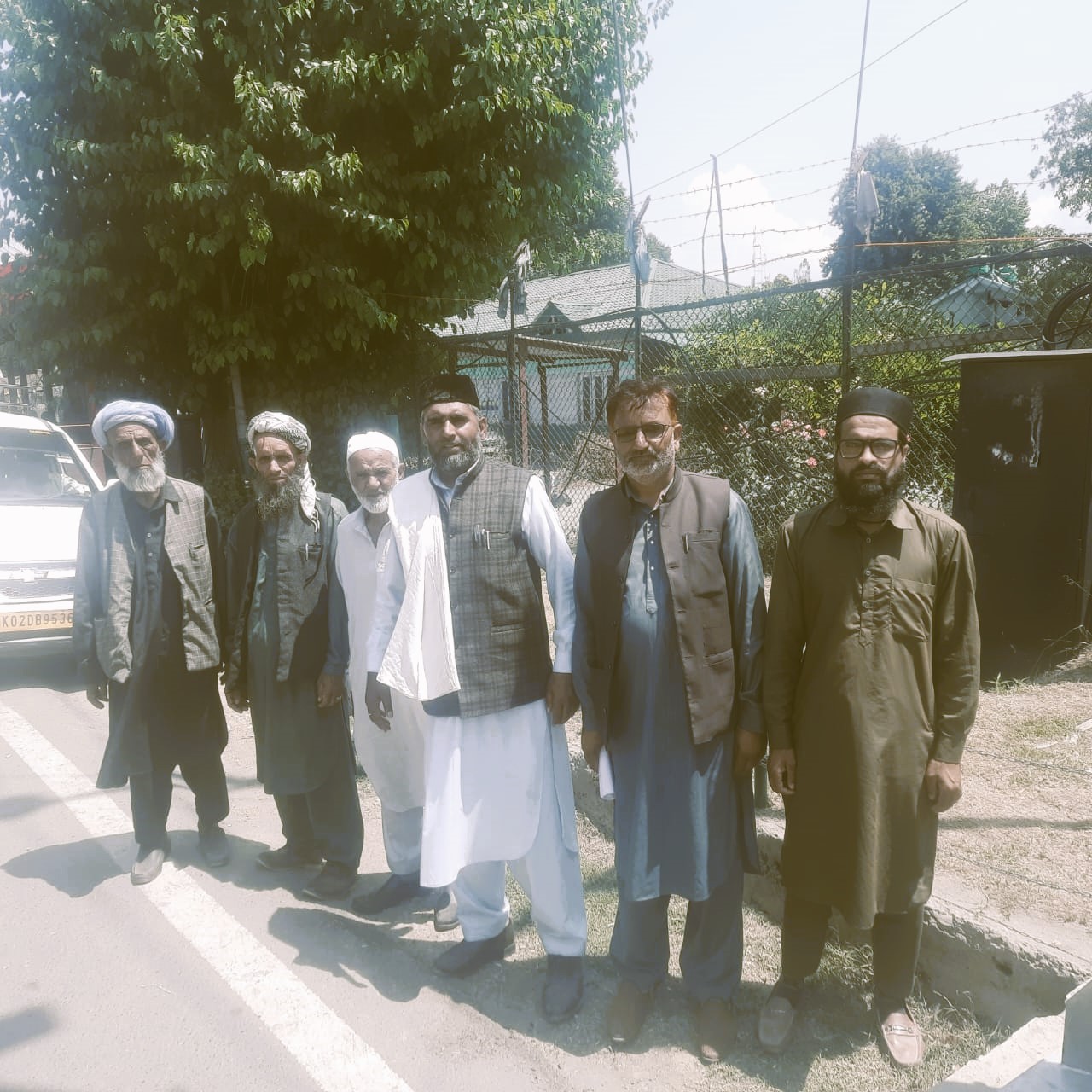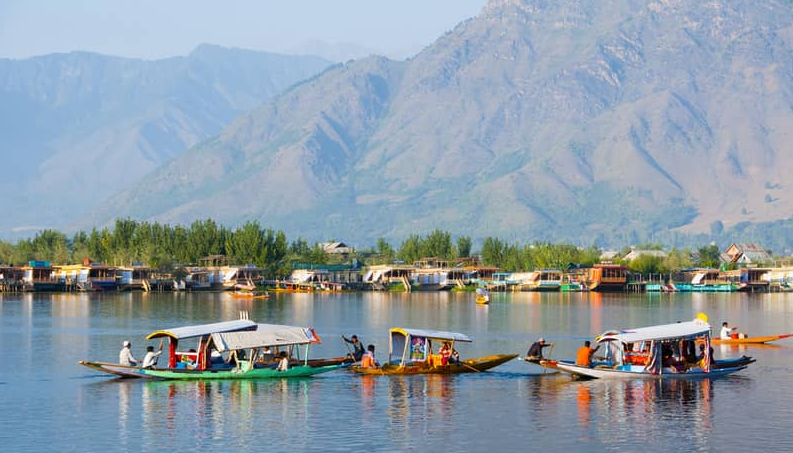For decades, Kashmir’s political landscape has been shaped by two prominent yet problematic players—Jamaat-e-Islami and the National Conference. Both have manipulated the region’s hopes and dreams, not for the people’s welfare, but for their own self-serving agendas. Despite their ideological differences, their actions have left lasting wounds on Kashmir’s social and political fabric.
Jamaat-e-Islami has wielded religion as a tool, shaping the minds of the people by exploiting faith to further radical ideologies. For years, they have guided a generation down a destructive path, driving many of Kashmir’s youth into conflict. Under the guise of religious devotion, their rhetoric has led families to grieve for the loss of sons who died fighting for an ideology that prioritized political ambition over human life. The scars of their manipulation remain visible in the disillusionment that now grips the region.
In contrast, the National Conference has pursued power through political maneuvering, consistently dangling promises of autonomy and regional rights before the people of Kashmir. Yet, when it suited them, they quickly traded these promises for their own political gain, treating the people’s aspirations as mere tools to secure influence. This betrayal has created a deep sense of mistrust, leaving the region in a perpetual cycle of hope followed by disappointment.
Despite their different methods, both entities share the same goal—securing their own dominance, often at the cost of Kashmir’s future. The result has been a legacy of instability, with the youth paying the highest price. Graves in Kashmir are filled with young men whose lives were cut short by the ambitions of these political players.
Jamaat-e-Islami now claims to embrace democracy, but the question remains: is this a genuine shift or a tactical move to regain lost ground? After decades of pushing radical ideologies, can they truly distance themselves from the bloodshed they helped perpetuate? Meanwhile, the National Conference continues to align itself with various national powers, often speaking for the people only when it benefits their own political standing.
Kashmir deserves leadership that prioritizes the people’s needs and aspirations over power games and ideological battles. Both Jamaat-e-Islami and the National Conference must be held accountable for their roles in the region’s ongoing struggles.
Nazir Ahmed wani @Javid Iqbal raised these concerns as far back as 1993, warning of the dangerous trajectory we were on, but my voice was ignored. Today, some of the very individuals who pushed for these destructive policies are now beginning to acknowledge their mistakes. However, Nazir Ahmed wani @Javid Iqbal refuse to celebrate their change of heart. Actions, not words, define true change, and until they demonstrate a real commitment to healing the damage they have caused, Nazir Ahmed wani @Javid Iqbal remain skeptical of their intentions.




